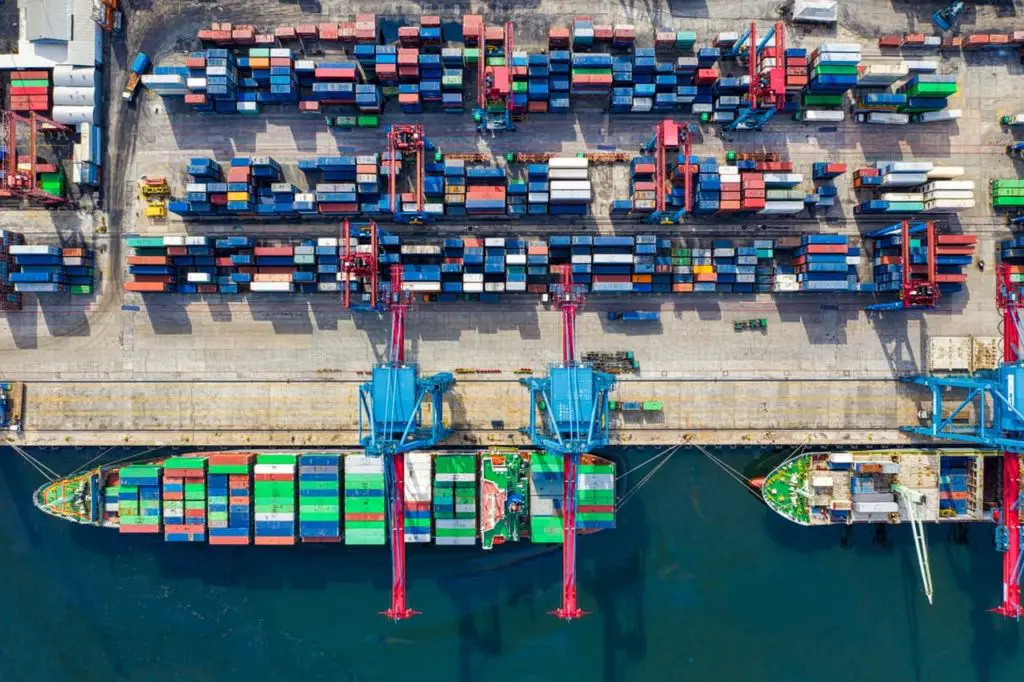Asset definition:
What is an Asset?
An asset is any resource that a corporation or individual either owns or has the right to which provides current or future value. Such as owning a vehicle or having cash on hand but also may be a quality such as someone’s personality/skill.
An Asset has several definitions based on the context of use. These definitions are:
Asset:
items of ownership which can be converted into cash.
A useful or advantageous thing or quality.
1-Items Of Ownership Which Can Be Converted Into Cash.
Let’s break these down and take a look at the differences. Assets can be broken down into 2 major categories: Tangible Assets and Intangible Assets.
Tangible Assets
Tangible Assets are Assets that have a physical presence such as Cash, Vehicles, Inventory, Tools, Real Estate, Buildings, and Equipment. There are 2 types of Tangible Assets: Current Assets and Fixed Assets/Long-Term Assets.

Current Assets
Current Assets are assets that are expected to be used, sold or exhausted in business during normal operation throughout the Fiscal year. Current Assets are Assets which can easily be converted into cash or used as cash. Examples of some current assets are Cash, Inventory, Accounts Receivables or Short Term Investments.
Current Assets can be expressed in a ratio called Current Ratio/Trade Working Capital for accounting purposes to show how liquid a company is. The Current Ratio/Trade Working Capital is calculated by dividing the total Current Assets of a company by the Total Current Liabilities of a company and expressed as a ratio or a %.
Fixed Assets/ Long-Term Assets
Fixed Assets/ Long-Term Assets are Assets that do not directly fall into the liquid category of Current Assets. Such Assets would be Property which isn’t readily sold to produce cash quickly, Equipment, Office Supplies and some Inventory such as washing machines at a laundry mat, etc. Fixed Assets aren’t directly sold to customers/ consumers but still hold value as an Asset.
Fixed Assets are Long Term Assets that will continue to provide value over the years, not be consumed used or extinguished during the current fiscal year of a Company.
Some Fixed Assets can depreciate. A Vehicle depreciates over its life but can create revenue for a business. Land does not depreciate in the same way as a Vehicle does. Therefore you would not be able to use depreciation of land for tax purposes. You would, however, be able to use the depreciation of the total value of the Vehicle/Equipment for your taxes to help offset the cost of depreciation.
This is especially important for businesses that are Capital Intensive. Businesses classified as Capital Intensive are businesses that require very large investments into Fixed Assets for normal operation. Some of these businesses are:
- Transportation (Trucking, Airlines, Buses, Railroads)
- Oil/Gas
- Farming
- Fishing
- Mining
- Real Estate

Capital Intensive companies make larger Asset investments compared to labor. Such as:
- Land
- Buildings
- Equipment (Trucks, Tractors, Boats, etc.)
Intangible Assets
Intangible Assets are Assets that do not have a physical presence but still provide value or revenue. Some businesses operate entirely on Intangible Assets. These businesses can be classified as Non-Capital Intensive.
Some examples of Intangible Assets are:
- Copyrights
- Patents
- Franchises
- Good Will
- Trademarks
- Brand Names

There are two types of Intangible Assets.
- Definite
- Indefinite
Definite
Intangible Assets that are classified as a Definite Asset include Assets that have a set period for use. This would include a contract to the rights of a brand or patent for a period of time. Because the contract has an end date and thus is not a permanent part of the business it is classified as Definite.
Simply, Definite Assets have a life span, such as a contract.
Indefinite
Intangible Assets that are classified as an Indefinite Asset are Assets owned without a life span. A Brand Name would fall into the category of Indefinite Assets. This is because a Brand Name will stay with the company and doesn’t have a set life span or period of use. Having ownership of the rights of an Intangible Asset such as Publishing Rights for a book, have Indefinite Value.
2- A Useful Or Advantageous Thing Or Quality.
Personal Qualities or Personal Characteristics of an individual/company that is useful or advantageous to either the individual or company. This is important to note because you may not be able to use a personal characteristic for tax purposes but noting the value of an individual and using the characteristics to your advantage in business helps both the employee as well as the business.
The employee will further develop his/her characteristics and the business can use the characteristic/personal quality such as, someone who is very charismatic being placed in sales.
There are many different types of Assets. Learning how the different types of Assets can work inside your business/Investments will benefit you in the long run.
